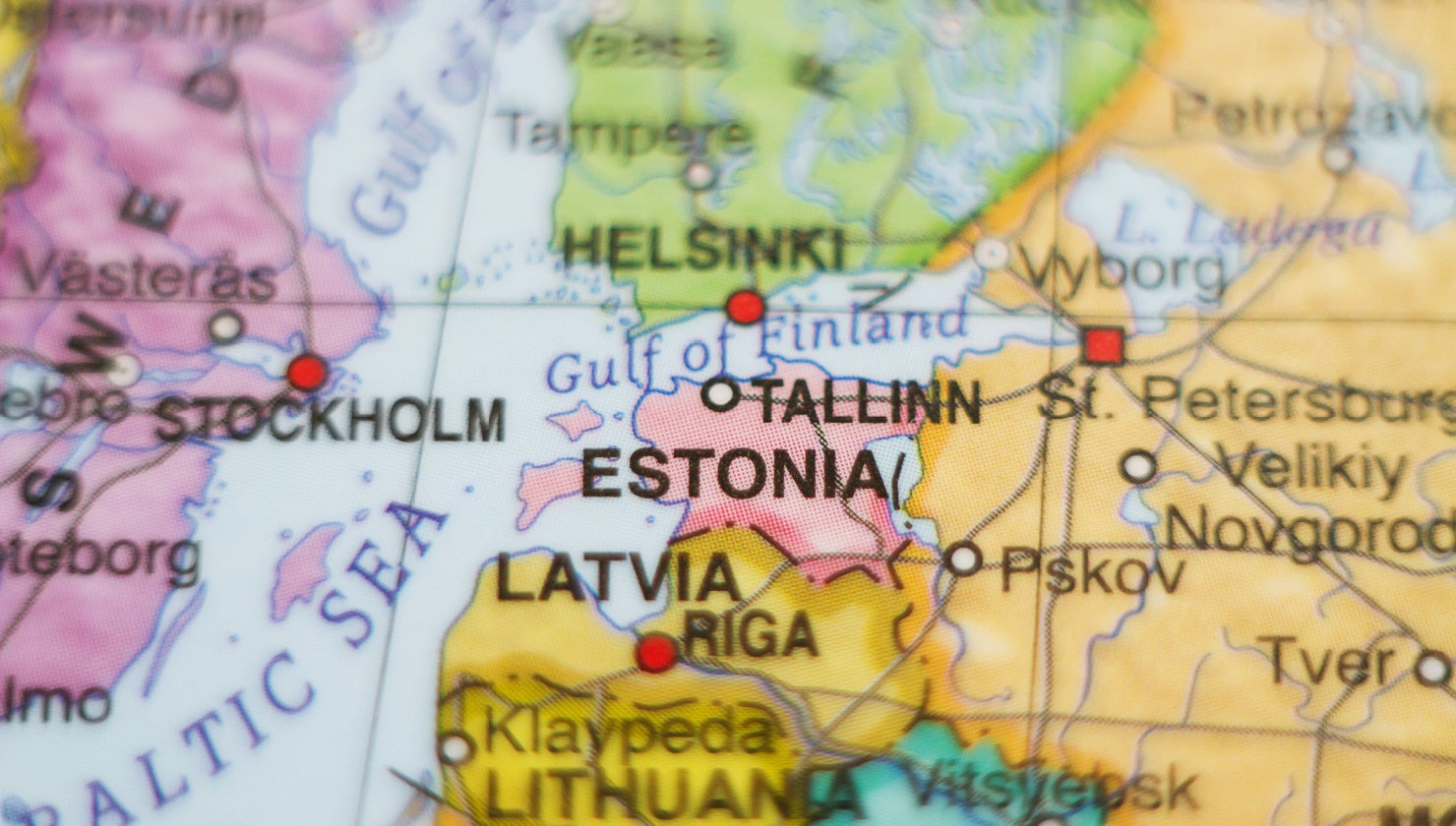As conflicts rage on in the Middle East and elsewhere, Baltic leaders worry that the West is forgetting about Ukraine. Senior government officials from all three Baltic states – Estonia, Latvia and Lithuania – made statements in November 2023 insisting that aid for Ukraine is critical to European security. Following a White House announcement that Kyiv has spent 96% of the American aid it has received, such fears have become increasingly valid.
Doubts about Western unity and commitment have also grown, in part due to the US Congress’s inability to pass additional funding for Ukraine — despite President Biden’s request in October 2023 for $61.4bn in military aid for the country. In Europe, Slovak Prime Minister Robert Fico blocked a plan drafted by the previous government to deliver ammunition to those defending Ukraine. In Brussels, EU officials are hastily drafting a plan B in case Hungary vetoes the €50 billion proposed to pay salaries and support Ukrainian defence efforts.
Though optimistic that Russia will not conquer Ukraine, Estonian Prime Minister Kaja Kallas commented that American support is “fundamental” to Ukrainian success. This week, speaking at POLITICO’s Defense Summit in DC, Kallas announced that she would like to be considered for the secretary generalship of NATO. As the prime minister of one of the seven NATO countries that spends at least 2% of its GDP on defence and one that entered NATO in the 20 years since 2003, Kallas has a strong chance of achieving her goal when General Secretary Stoltenberg leaves the job in the autumn of 2024. As NATO general secretary, Kallas would be responsible for co-ordinating a strong and united transatlantic response to Russia’s aggression. If chosen, she would also be the first woman to hold the office.
The need to fight for peace
South of Estonia, Latvian President Edgars Rinkevics told Associated Press that Russia’s invasion of Ukraine is about more than one country. To Rinkevics, it is necessary to “actually fight for international peace” and to make sure that Russia cannot challenge other sovereign nations. In President Rinkevics’ view, failing to support Ukraine will have a global impact, perhaps emboldening Iranian efforts against Israel and putting increased pressure on Taiwan.
Other senior officials from Estonia and Latvia have also recently issued separate statements encouraging the West to stay vigilant about the threat that Russia poses to Europe. Estonian Foreign Affairs Minister Margus Tsahkna argued that Western powers need to issue additional sanctions against Russia and provide additional support for Ukraine. Tsahkna said Ukraine needs help to fight for “the security of us all” and that countries should not submit to Russian blackmail efforts.
In Latvia, Defence Minister Andris Spuds declared that the Baltic states must be ready for the possibility of a conventional Russian invasion. Speaking to Latvian news agency LETA, Spuds explained that Latvia’s proximity to Ukraine, Belarus and Russia demands more robust military capabilities and anti-mobility measures at the border.
A conflict of existential importance
Lithuanian President Gitanas Nauseda made an equally urgent plea to the international community about Ukraine in November 2023. In a speech to a group of diplomats, President Nauseda said that Lithuania must work to prevent the onset of war fatigue and focus its diplomatic efforts on directing international attention to the ongoing conflict in Ukraine, which in his view is of existential importance to Lithuania. The president argued that in the context of a growing number of hotbeds of aggression across the globe, Lithuanian diplomats must be ready to act and to defend democratic values and the rules-based international order.
None of the Baltic leaders has lost faith in Ukraine’s ability to fight against its Russian invaders. Their priority is making sure that Ukraine has the tools it needs to defend itself against such aggression. Estonia, Latvia and Lithuania are making every effort to convince their allies that Ukraine is worth supporting. If successful, their efforts will lead to increased Western defence spending, providing the aid necessary to make it through a brutal winter. Perhaps it will even lead to a breakthrough on the battlefield.





